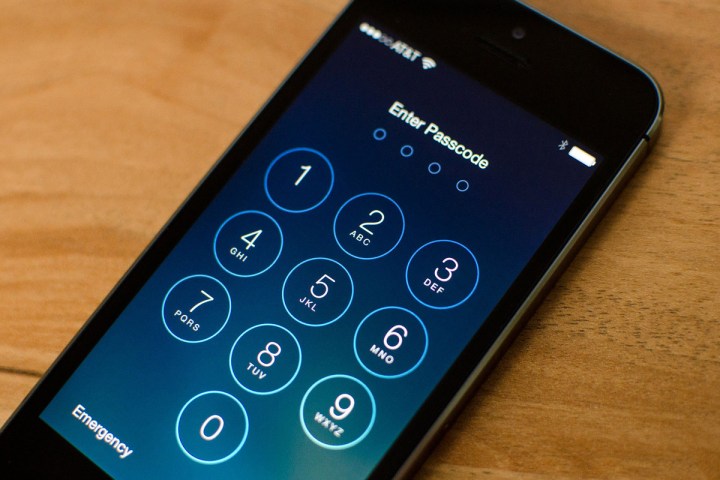
It’s an amendment to an existing law, that would force technology companies — not just Apple, the law applies to any relevant firm including Samsung, Google, and others — to provide codes that open up locked devices for use in police investigations. Should the request be refused, or the code not provided in a reasonable amount of time, Galut suggests a fine of a million euros (just over $1 million) should be levied.
“Only money will force these extremely powerful companies to comply,” Galut is quoted as saying, adding, “They are hiding behind supposed privacy protection, but they’re quick to make commercial use of personal data they’re collecting.”
In an effort to calm fears about government surveillance, the backdoor access codes would only be used against criminals under investigation, he said. Also, the intention is only for a prosecutor or judge to have access to the code itself, and only be available to computers used in court proceedings. There will be no general code for use by law enforcement, and the police wouldn’t have the right to use it against any regular citizen.
France’s monetary punishment is an unusual approach, but it’s not the first to try and force through an anti-encryption bill that would force companies to provide backdoor access to software. In the U.K., the proposed Investigatory Powers Bill asks for the same thing, and came under fire from Apple CEO Tim Cook at the end of 2015.
There’s no indication the French legal amendment will be passed into law, but it’s further evidence of continued pressure against data encryption methods provided by technology companies.
Editors' Recommendations
- No, the Journal app on your iPhone isn’t spying on you
- Don’t buy a Galaxy S24 Ultra or iPhone 15 Pro Max. Do this instead
- I want the iPhone 16 to steal these 6 Galaxy S24 features
- I really hope the iPhone 16 doesn’t look like this
- 17 iPhone apps I couldn’t live without in 2023



